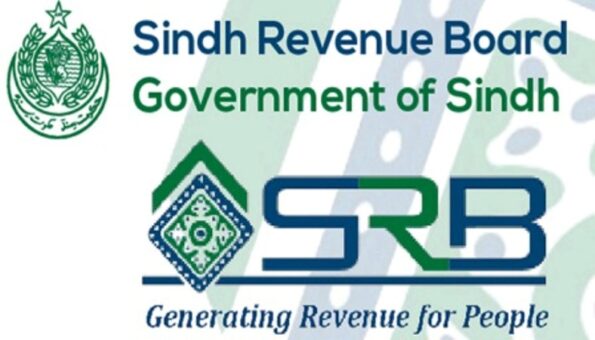KARACHI: Pakistan Customs announced auction of confiscated vehicles to be held on July 20, 2020 at Gwadar Custom House.
Following vehicles to be presented for the auction:
01. Toyota Hilux Surf SSR-X, Model 2000, Engine Capacity 2700CC, Chassis No. VZN185-9041829
02. Toyota Land Cruiser, Model 1998, Engine Capacity 4700CC, Chassis No UZJ100-0003462
03. Toyota Corola X, Model 2006, Engine Capacity 1500CC, Chassis No NZE120-0123636
04. Toyota Hilux Surf, Model 1992, Engine Capacity 3000CC, Chassis No LN130-0105065
05. Toyota Premio, Model 2005, Engine Capacity 1800CC, Chassis No ZZT240-0061952
06. Toyota Raum, Model 2004, Engine Capacity 1600CC, Chassis No NCZ20-0042911
07. Toyota Premio X, Model 2003, Engine Capacity 1800CC, Chassis No ZZT240-5006935
08. Toyota Raum, Model 2004, Engine Capacity 1600CC, Chassis No NCZ20-0064404
09. Launch without Engine
10. Toyota Vitz, Model 2003, Chassis No NCP10-0189243
11. Toyota Mark-X, Model 2005, Engine Capacity 2499CC, Chassis No GRX120-0016505
12. Toyota Hilux Pickup, Model 2002, Chassis No MROIUNE90500132
13. Toyota Surf, Model 2000, Chassis No RZN185-9036240
14. Toyota Hilux Surf (SSRG), Model 2003, Engine Capacity 3400CC, Chassis No VZN215-0004806






